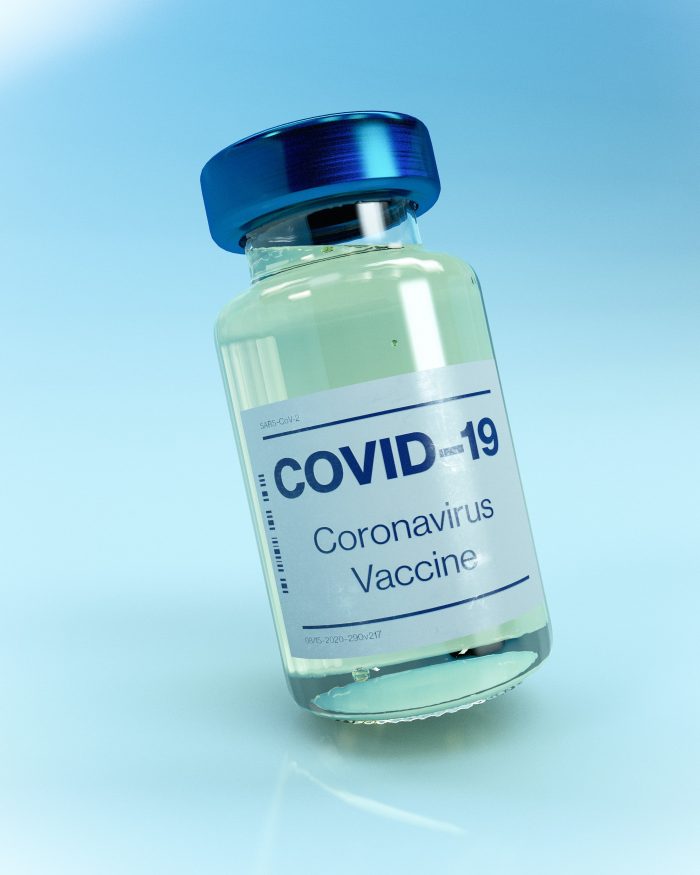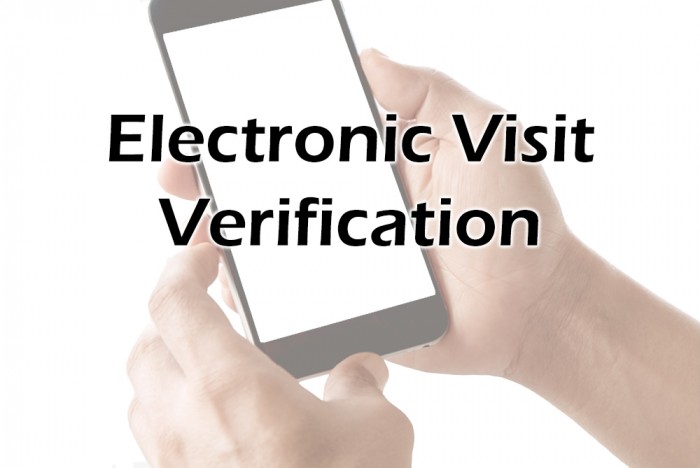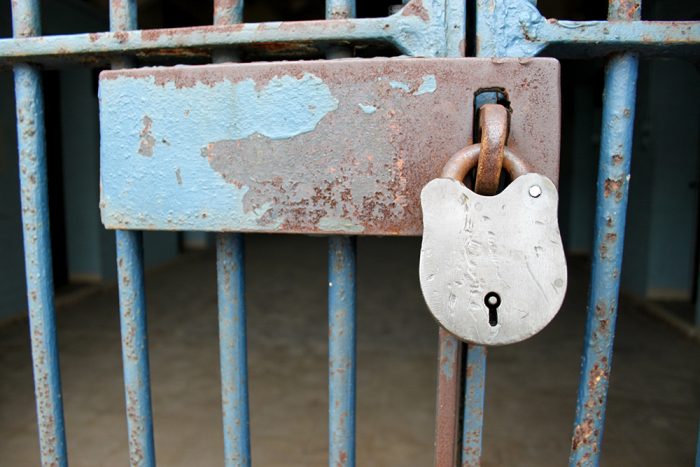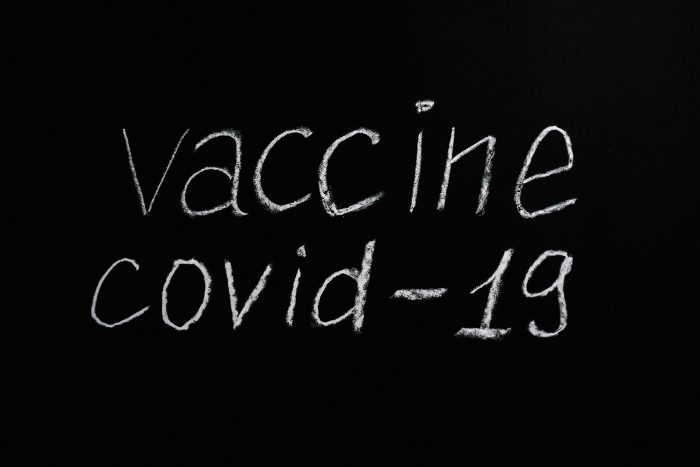DOH Launches “Your Turn” Vaccine Eligibility Tool to Aid in Vaccination Process Across Commonwealth
Wolf Administration Announces Creation of COVID-19 Vaccine Joint Task Force with Legislature
FOR IMMEDIATE RELEASE
February 9, 2021
Harrisburg, PA – While conversations with the entire General Assembly on the state’s vaccine plan will remain ongoing, Governor Tom Wolf’s Administration also sought to provide a mechanism for accurate, timely information sharing via a streamlined set of communicators between these two branches of state government. As a result, today, the Wolf Administration announced that it is establishing a joint task force with members from each legislative caucus who can share vaccine information and communicate issues and solutions expediently on behalf of and to the broader General Assembly.
“We have a good working relationship with our legislators, and we know they are the eyes, ears, and voices for Pennsylvanians,” Governor Wolf said. “The feedback they receive from their local communities is extremely important, particularly as the commonwealth continues to improve upon this once-in-a-generation vaccine rollout. Working with leaders from each caucus in the General Assembly, we are creating a task force to ensure collaboration and strengthen communications about the state’s vaccine plan.”
Task force members will represent their caucus’s point of view and work to streamline conversations to focus and drive issues of importance. Wolf Administration members will serve as task force members with the subject matter expertise to listen, collaborate, and provide information, answers, and suggestions to solve problems in a timely manner.
Members of the task force include co-chairs Acting Secretary of Health Alison Beam and Director of the Pennsylvania Emergency Management Agency Randy Padfield; for the Senate Democratic Caucus, Senator Art Haywood; for the House Democratic Caucus, Representative Bridget Kosierowski; for the Senate Republican Caucus, Senator Ryan Aument; and for the House Republican Caucus, Representative Tim O’Neal.
The task force will be meeting as needed and providing updates to the full General Assembly via each of the task force members.
MEDIA CONTACT: Lyndsay Kensinger
Learn About the COVID-19 Vaccine – Two Virtual Town Halls, Feb. 18 & 19

Life without Parole for “Felony Murder”: PA Case Targets Sentencing Law
Wolf Administration Releases Vaccination Update Information
Today, through the Department of Health, the Wolf Administration released the attached update regarding vaccinations in the commonwealth for the week ending on February 5, 2021.
PA COVID-19 Early Warning Monitoring Dashboard Update for Jan. 29 – Feb. 4
















